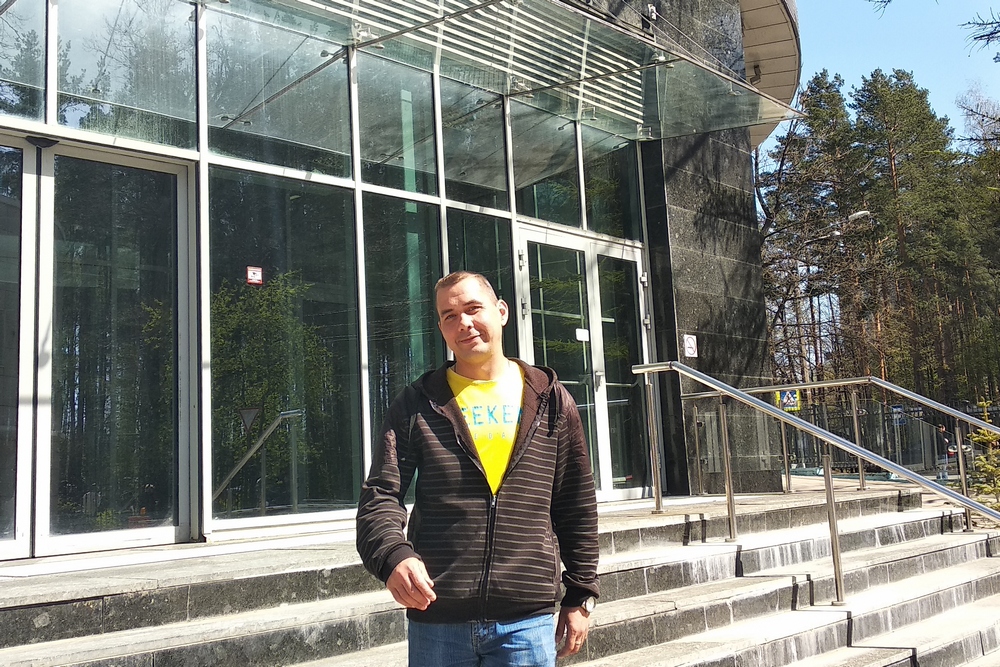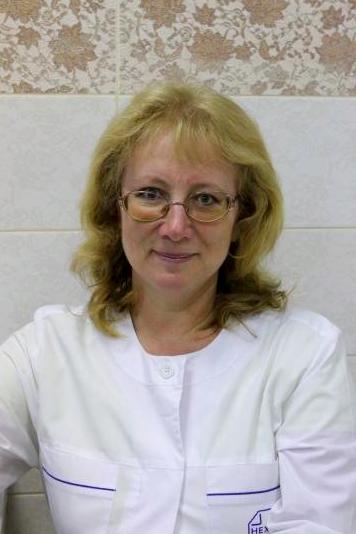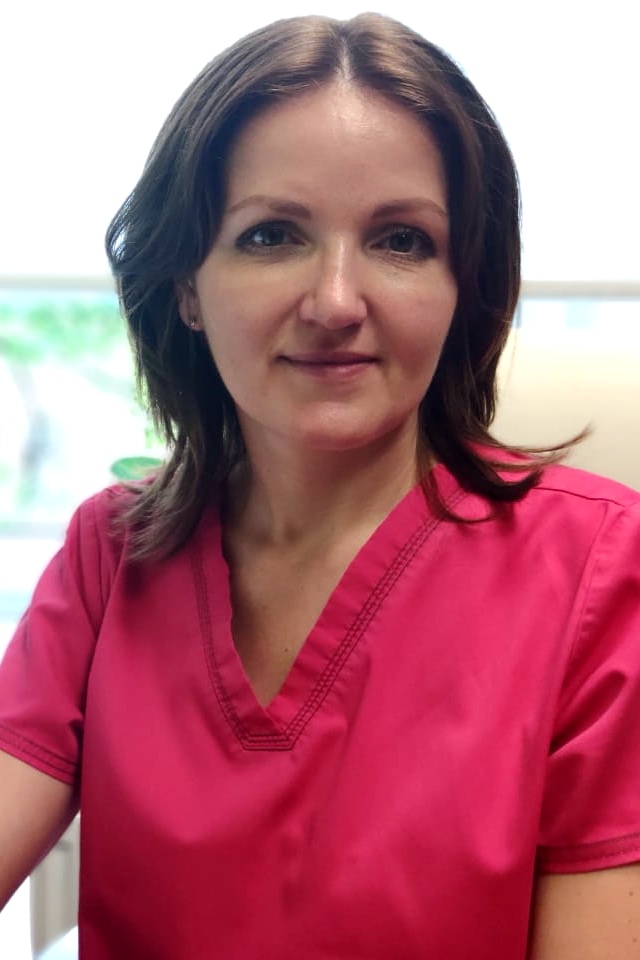
Alexei Nosov from Michurinsk (Tambov region) was diagnosed with epilepsy at an early age. And he lived with this disease until the age of 37.
“I had seizures every week, there were times I had them 5 times a day. Sometimes they happened at night or during the day. Seizures were impossible to predict. Doctors prescribed various medications, but they did not help, only slightly reduced the frequency of seizures,” recalled Alexei.
One day his mother found a forum discussing surgical treatment of epilepsy and tried to persuade her son to have the surgery. However, it took Alexei more than 10 years to decide to go ahead with surgery. By this time, his condition has worsened and the number of daily seizures increased to 7.
Alexei and his mother went to Polenov Neurosurgical Institute in St. Petersburg, the world's oldest neurosurgical institute with more than a century's experience (since 1926).
“We have a great expertise and extensive experience in the field of neurosurgery and epilepsy treatment. Objectively speaking, we receive the most complicated patients from all over the country and successfully operate on them,” stated the Head of Epileptology Research Laboratory Galina Odintsova.
“Ideally, a patient with epilepsy should seek surgery after two years of ineffective conservative treatment. Patient Nosov had the longest duration of epilepsy among our patients, and considering this, his initial prognosis of the effectiveness of surgical treatment was worse. At the same time, it should be noted that our institute uses various methods of surgical treatment, including minimally invasive selective stereotactic brain surgery. We have a high success rate of surgical interventions for epilepsy with a low incidence of postoperative complications and no deaths. Some patients showed decrease in cognitive functions, in particular, memory impairment, but fortunately we managed to mitigate these impairments during postoperative rehabilitation,” explained Dr. Odintsova.
After a thorough preoperative preparation, patient Nosov was operated on by Victoria Nezdorovina, Chief of Neurosurgery Department 2, the only one in the Northwestern region that specializes in the surgical treatment of epilepsy.
After the surgery the patient found it difficult to concentrate as he had double vision, but after 2 weeks those symptoms went away. The most important result was achieved – not a single seizure happened. “I cannot express how grateful I am to the doctors and my mother. Now I feel my life has just begun!”, he shared his emotions.
Before the surgery, Alexei tried to live like everyone else but because of his illness many things were impossible. He received home education and was unable to finish college for health reasons. Despite this, he worked from home in typing and computer repairs. He continued to work until his condition worsened, resulting in surgery.
Over the past three years after surgery, Alexei's life has changed dramatically: he began to play sports and got married. He has a son and a daughter. He returned to his work from home and took on extra work in the office. Alexei always consulted with his doctors while making certain drastic changes in his life.
“Patient Nosov had temporal lobe epilepsy. It is the most common form of epilepsy and the most well studied. The case was complicated by the fact that for such a long duration of the disease (37 years) both temporal lobes were affected. Thanks to our preoperative diagnostic modalities, we localized the leading epileptic focus and removed a part of one of the temporal lobes (we cannot remove them both due to irreversible consequences). The most difficult part of epilepsy surgery is to localize the area of the brain that is responsible for generating seizures and should be removed without affecting other areas. In certain cases, we wake up the patient during the procedure, talk to them, ask them questions, ask them to move their arms and legs, while constantly monitoring important functions. All in all, the surgical treatment of epilepsy is a difficult teamwork and doing so we minimize possible complications and get good results,” added Dr. Nezdorovina.
Now patient Nosov is on conservative therapy since it cannot be stopped immediately and abruptly. Alexei comes every 4-6 months for a routine examination. In the future, his attending doctor Galina Odintsova plans to reduce the number of medications and then cancel them all when health indicators are good (good encephalogram and no seizures for more than 5 years).


